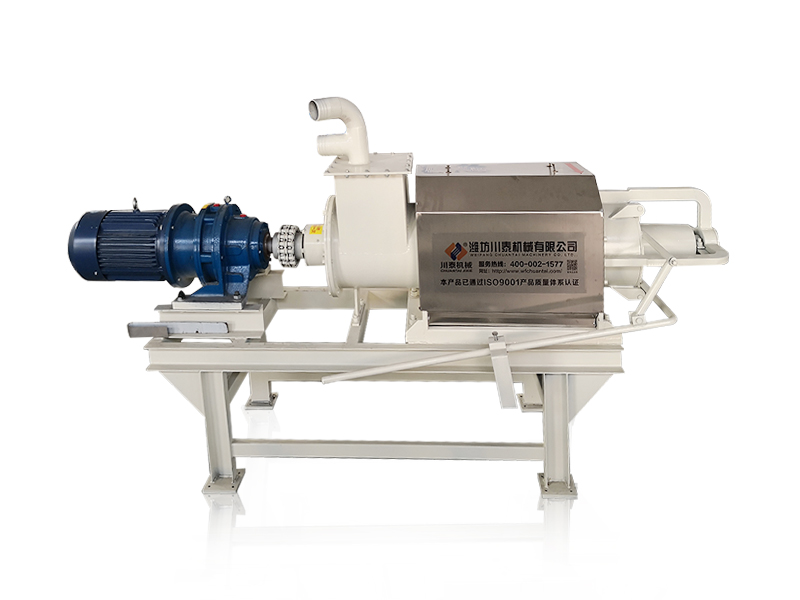
Introduction:
Liquid-solid separators play a crucial role in various industrial processes, contributing to the efficient and effective separation of suspended solids from liquid streams. This technology is widely employed across diverse sectors, such as wastewater treatment, food and beverage production, chemical processing, and mining. The continuous evolution and optimization of liquid-solid separators have significantly improved their performance, enabling industries to meet stringent quality standards and environmental regulations.
Key Components and Mechanisms:
Liquid-solid separators consist of key components designed to facilitate the separation process. Common mechanisms include sedimentation, filtration, and centrifugation. Sedimentation relies on the force of gravity to settle particles, while filtration employs porous media to capture solids. Centrifugation utilizes high-speed rotational forces to separate heavier solids from liquid phases. The choice of mechanism depends on the specific characteristics of the process and the desired level of separation efficiency.
Applications in Wastewater Treatment:
One of the primary applications of liquid-solid separators is in wastewater treatment plants. These separators aid in the removal of suspended solids, pollutants, and other contaminants from wastewater, ensuring compliance with environmental standards before discharge. Advanced technologies, such as inclined plate settlers and dissolved air flotation systems, have become integral to modern wastewater treatment processes, offering enhanced performance and reliability.
Enhancing Efficiency in Chemical Processing:
In the chemical industry, liquid-solid separators are employed to purify and clarify chemical solutions. Precise separation of solids is crucial to maintaining product quality and ensuring the proper functioning of downstream equipment. Centrifuges, hydrocyclones, and filter presses are commonly utilized in chemical processing plants to achieve the desired level of purity and consistency in liquid products.
Food and Beverage Production:
Liquid-solid separators are essential in the food and beverage industry to remove impurities, particles, and contaminants from liquids such as fruit juices, milk, and beer. Cross-flow filtration, centrifugal separation, and vibrating screens are among the technologies applied to maintain product integrity and meet hygiene standards. The use of these separators not only enhances product quality but also extends the shelf life of perishable goods.
Mining and Minerals Processing:
In the mining sector, liquid-solid separators are employed to recover valuable minerals from ore slurries and tailings. Centrifuges and hydrocyclones are commonly used to separate fine particles, allowing for the extraction of precious metals or minerals. This not only improves resource recovery but also minimizes environmental impact by reducing the discharge of harmful substances into water bodies.
Conclusion:
Liquid-solid separators play a vital role in various industries, contributing to the optimization of processes, compliance with regulations, and the overall sustainability of operations. As technology continues to advance, the development of more efficient and environmentally friendly liquid-solid separation solutions is anticipated. The ongoing evolution of these separators will further enhance their capabilities and contribute to the continued improvement of industrial processes across diverse sectors.




If your company wants to establish a business relationship with us, please briefly describe the cooperation intention and send an email to:chuantaiscrewpress@gmail.com























































































![[list:title]](/static/upload/image/20240528/1716877114510915.jpg)